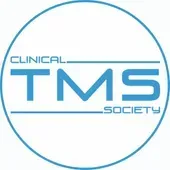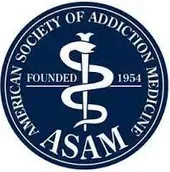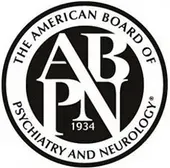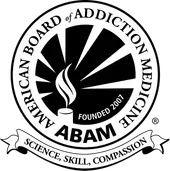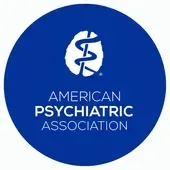TMS For Obsessive-Compulsive Disorder
OCD Treatment in Chestnut Hill
Living with Obsessive-Compulsive Disorder (OCD) can make even the simplest tasks and interactions difficult to manage. Whether you're struggling with Checking OCD, Contamination OCD, Ruminations/Intrusive Thoughts OCD or any other type of the disorder, the unreasonable thoughts and fears that intrude on your day-to-day life can seem inescapable.
At Wave Treatment Centers, our team of compassionate and experienced professionals can help you get relief from your OCD symptoms so that you can start enjoying life the way you should. For more information about how we can help you, contact us or request an appointment.
"OCD is one of the newer FDA-approved indications for TMS and is showing promising results."
Start your Healing Journey
A healthier, happier life starts here — talk to our caring staff today.
Website Form Submission
TMS For OCD FAQ
Frequently Asked Questions
I liked Dr. Beatty from the first moment that I saw him. He cares about his patients and is very knowledgable about this issues he treats. Although I only see him about 3 times a year at this point, his advice and perspective as well as non-judgmental nature – help keep me on track.
Cindy S.








